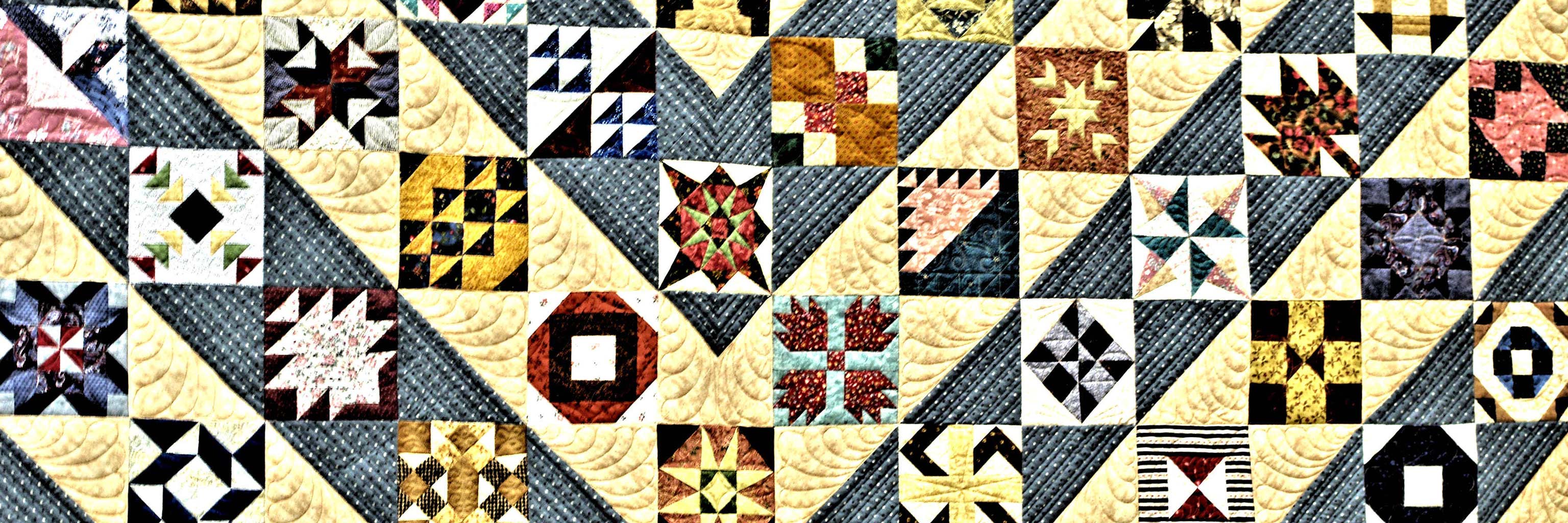The Department of Folklore and Ethnomusicology reaffirms its commitment to inclusion and diversity. The Department emphasizes diversity within human communities as a central intellectual theme in our research, teaching, and professional service, as well as an ethical orientation in our daily practice. Our disciplines are shaped by deep conversation among individuals of many backgrounds; the analytic tools we use in the study of artistic practice, worldview, and daily life have to varying degrees elucidated histories of exclusion and inclusion in human cultures. As folklorists and ethnomusicologists, we are committed to appreciating, respecting, and holding space for a full range of intersecting identities and experiences.
We value the diversity of our student body, past and present. Graduates of the program over the last couple of decades hail from more than twenty different countries in Africa, Asia, Europe, the Caribbean, and Latin America, and we have a long track record of MA and PhD graduates from groups that have been underrepresented in higher education in the United States. The diverse backgrounds and perspectives of our faculty, students, and staff enrich communication and exchange within our classes and daily lives in the department.
Each semester, we offer classes - such as F101 Introduction to Folklore, F111 World Music & Culture, E151 Global Pop, and F121 World Arts & Culture - that introduce undergraduate students to a range of cultures and perspectives from different parts of the world; we also offer courses dedicated to the expressive traditions of particular countries or world regions. We are equally focused on understanding diversity within our own society: F131 Folklore in the U.S., F367 Folklore of the South, and F356 American Regional Culture offer surveys of regional, ethnic, racial, and class diversity in the United States; E496 African American Religious Music and F357 American Jewish Popular Music focus on religious diversity. Other courses explore the expressive arts of under-represented groups in the U.S., including African American, Afro-Caribbean and Latinx folklore and culture. E345 Hip-Hop Music & Culture and E694 Issues in African American Music engage students in the role of African American and African Diasporic derived music cultures and experiences throughout the U.S. and further afield. Classes such as F727 Activism, Engagement, & Critical Ethnography and F804 Feminist, Queer, & Anti-Racist Theory & Folklore invite students to question accepted paradigms of ethnography and explore innovative approaches to research and dissemination. We have also offered courses on gender and sexuality, health and illness, disability, and aging. Beyond the classroom, our faculty members participate in university committees and in our professional societies of folklore and ethnomusicology to further increase diversity.
Ultimately, we assert that research on expressive cultural practice contributes not only to understanding diversity better but also to encourage acceptance and discourage discrimination, at Indiana University and beyond.
We believe that the future of our disciplines depends on a diverse constituency, and that everyone’s voice is not merely welcome but vital. As we continue to strive to foster a more diverse and inclusive department, we recognize there is more work to be done so that all members of our community feel supported during their time on campus. We are endeavoring to actively listen to students, faculty, staff, and alumni about their experiences, and to move more quickly to make necessary changes to ensure that each and every member of our community is well supported and able to succeed.



 The College of Arts
The College of Arts